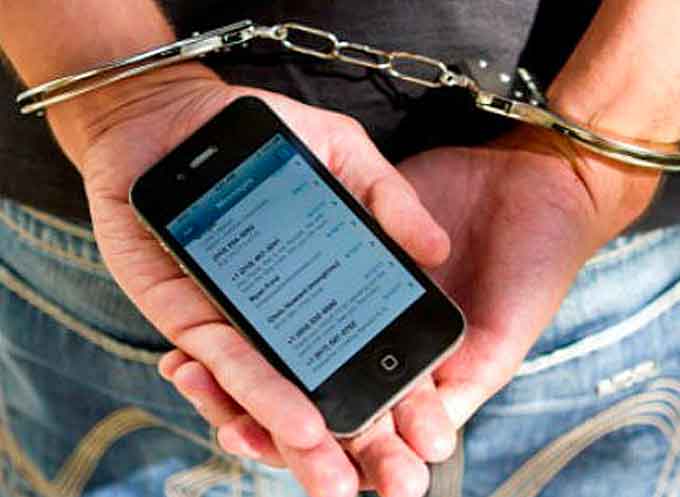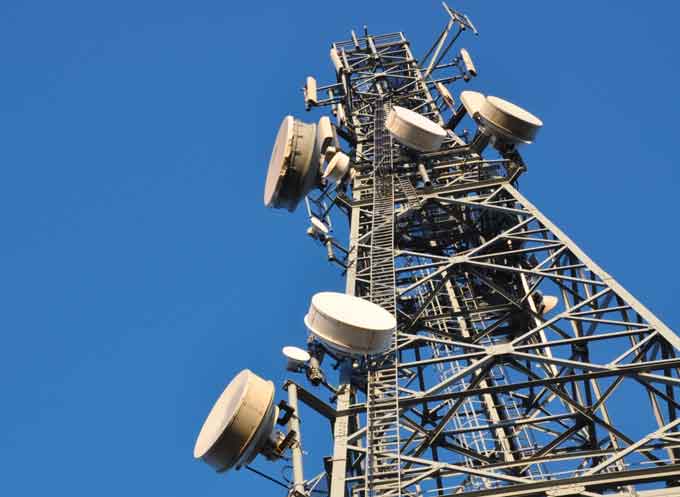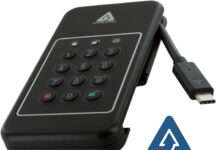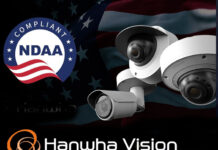
By The Editorial Board, USA TODAY
The Supreme Court on Friday struck a blow against Big Brother for everyone who has a cellphone, nudging the constitutional right to privacy one more step into the digital age.
In a 5-4 opinion written by Chief Justice John Roberts, the court ruled that law enforcement cannot track people’s whereabouts over long periods through their cellphones, unless police get a warrant.
As cellphones have turned into mini-computers that track their owners’ whereabouts and store intimate details of their lives, laws and court opinions that once protected individual privacy from government intrusion under the Fourth Amendment have quickly become antiquated.
(In a 5-4 decision, the Supreme Court ruled that police generally must have permission from a judge before they can get cell phone records to plot movements. Courtesy of NBC News and YouTube. Posted on Jun 22, 2018)
Fortunately, in recent years the Supreme Court has taken steps — albeit small ones like Friday’s — to interpret the Constitution’s protection against “unreasonable searches and seizures” to fit the modern world.
In 2012 the court restricted the government’s use of GPS equipment to track a vehicle. In 2014, it found police cannot search cellphones without a warrant.
Friday’s case involved Timothy Carpenter who was convicted for his role in a series of armed robberies that occurred in 2010 and 2011.
The government prosecuted him based in part on cellphone records from his provider revealing what cell towers he had pinged over 127 days, placing him near the crime scenes.
(Learn More. Does the Fourth Amendment allow for a warrantless search and seizure of cellphone location data by the police? Ilya Shapiro, senior fellow in constitutional studies at the Cato Institute and editor-in-chief of the Cato Supreme Court Review, outlines the issues at stake in the upcoming Supreme Court case, Carpenter v. United States. Courtesy of The Federalist Society and YouTube. Posted on Nov 27, 2017)
Supreme Court rulings in the late 1970s sanctioned government collection of records without warrants when people allowed third parties, such as banks or telephone companies, to have them. By doing so, customers voluntarily give up their right to privacy for those records.
That’s what the Justice Department — backed by 19 states and the nation’s district attorneys — argued: Collection of location data was lawful under those precedents.
The court majority — Roberts joined by the court’s four liberal justices — did not see it that way.
Four decades ago when this “third-party” doctrine was fashioned, such records were far less revealing. And no one imagined millions of Americans carrying a small device that could track their every movement.
(The Supreme Court, in a 5-4 decision, said that police generally need a search warrant if they want to track criminal suspects’ movements through their cellphone records. Supreme Court expert Ilya Shapiro, of the CATO Institute, talks with CBSN about the decision, which is considered a victory for privacy advocates in the digital age. Courtesy of CBS News and YouTube. Posted on Jun 22, 2018.)
Today, however, such location data — gathered automatically with no say-so from cellphone owners — provides an “intimate window into a person’s life, revealing not only his particular movements, but through them ‘his familial, political, professional, religious, and sexual associations,'” Roberts wrote citing an earlier opinion.
Three of the four dissenters worried that this “new and uncharted course will inhibit law enforcement.”
Whether it will or not, the Fourth Amendment protects against searches without a demonstration of probable cause.
And law enforcement in these cases will either need to get warrants, which is not all that difficult, or find less intrusive ways to investigate.
The justices were also careful to narrow the ruling.
They did not preclude collection of data through other surveillance technologies, such as security cameras, or even location data when it involves national security or emergencies.

But collecting a road map of a person’s whereabouts over 127 days without a warrant? That goes too far. And police have gone too far quite frequently.
In 2016 alone, police sought cellphone location data from AT&T and Verizon 125,000 times.
That’s not surprising given, as Roberts notes in his opinion, that such data is available on nearly every person in the country carrying one of 400 million cellular devices.
Many more privacy issues involving emails, texts and internet searches remain to be decided.
Congress and legislatures would be wise to tackle these important issues and bring the law into the 21st century.
Until they do, Americans with cellphones in their pockets or purses can be thankful that the Supreme Court is ensuring the Founders’ protections against unreasonable government intrusion still apply.
USA TODAY’s editorial opinions are decided by its Editorial Board, separate from the news staff. Most editorials are coupled with an opposing view — a unique USA TODAY feature.
High Court Makes Perplexing Privacy Distinctions in Cellphone Ruling
By John M. Castellano

On Friday, in United States v. Carpenter, the Supreme Court upset the carefully considered balance Congress enacted between the privacy interests in personal location information collected by cellular telephone companies and society’s need to investigate serious crimes.
While those privacy interests are not insubstantial, the National District Attorneys Association believes Congress’ carefully crafted and clear compromise should not have been discarded by the court majority.
In its place, the justices constructed a perplexing distinction between personal information the Supreme Court considers worthy of Fourth Amendment protection and equally personal information that the court acknowledges merits no constitutional protection.
As the majority recognizes, law enforcement can legitimately use a subpoena — court process directing the production of records — to obtain much of the personal information that we disclose in our daily transactions with businesses, including detailed banking records and the phone numbers we call.
But the court provides no explanation of why our location — often apparent to our friends, neighbors and even strangers — is qualitatively more private than this unprotected information.

What is clear is that the traditional dividing line between public and private information — the release of the information into the stream of commerce — is no longer valid.
Unfortunately, the majority’s decision threatens to derail countless police and grand jury investigations, and even throws into doubt the power of courts to issue some subpoenas.
Equally disconcerting is the fact that the majority decision fails to make any serious effort to account for society’s law enforcement needs, critical to any Fourth Amendment analysis.
While prosecutors do not hesitate to obtain warrants when feasible, cell site information plays a pivotal role in the early stages of an investigation, winnowing out the unorganized mass of information that surrounds a crime and helping distinguish the guilty from the innocent.
Doubtless, commentators and litigants will analyze every word of the majority decision for decades to come.
One can only hope, for the sake of effective law enforcement, the dissenters’ many legitimate concerns will also inform the reach of today’s decision.
John M. Castellano wrote the brief filed in the Carpenter case by the National District Attorneys Association.
Original post https://www.usatoday.com/story/opinion/2018/06/22/supreme-court-cellphone-privacy-editorials-debates/36294715/















